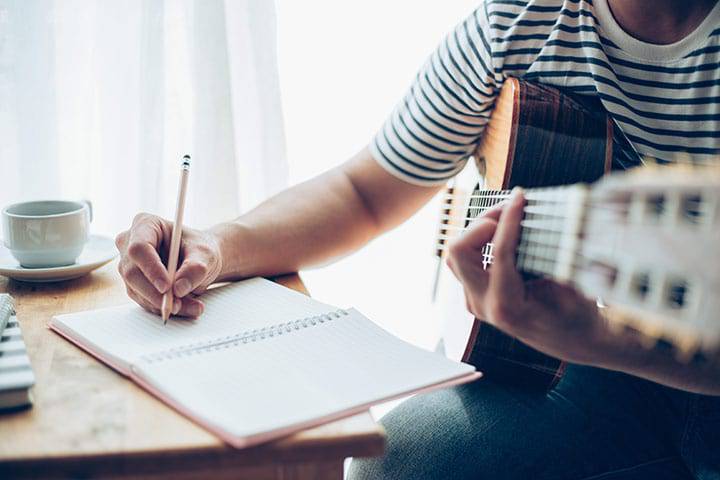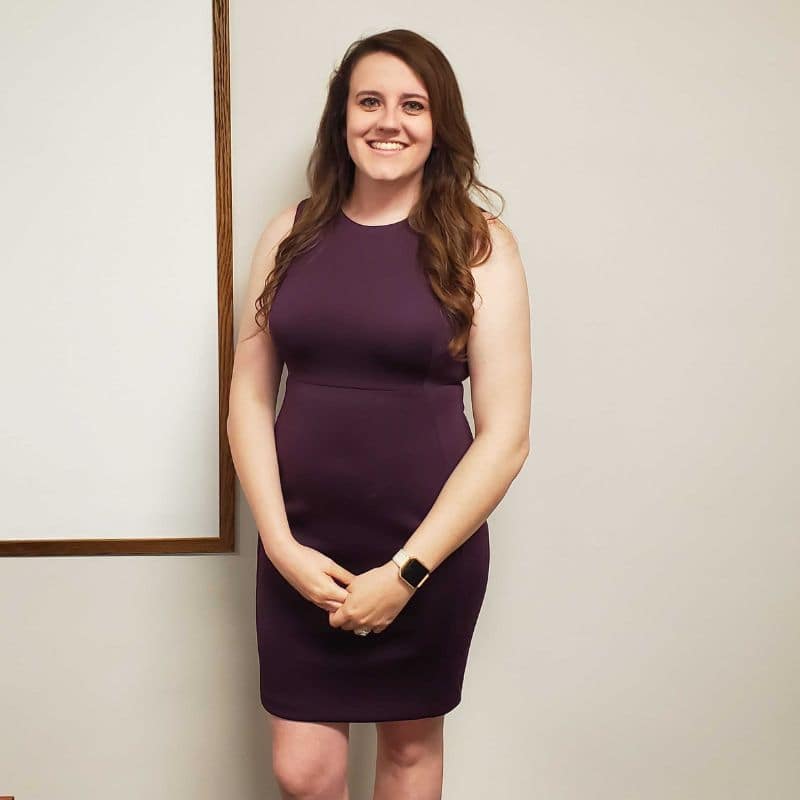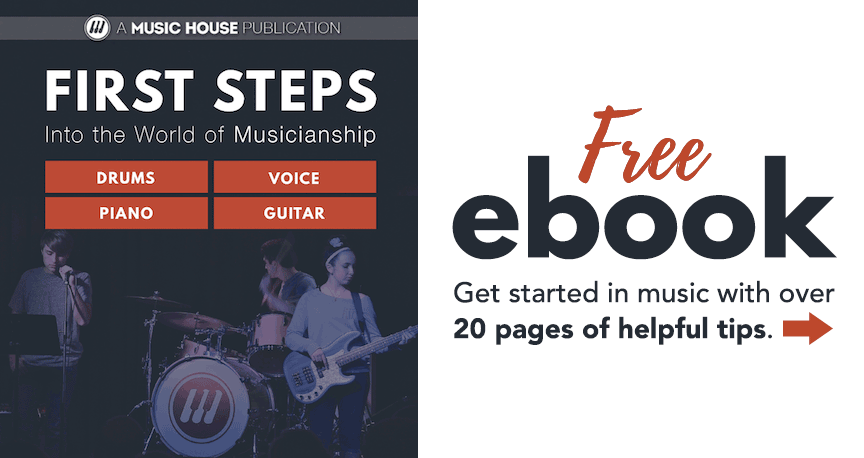Songwriting: Practice Makes Permanent

Mastering the art of songwriting is not an overnight magic. It's a time-bound series of casting spells before it becomes this magical seamless craft. For instance, Taylor Swift has been writing songs in her bedroom since she was 12 years old before she was writing the world's love anthems. She has undergone the repetitive process of songwriting on her own before her songs are widely played at weddings and stadiums. In fact, she even accumulated a pool of Grammys.
Perhaps you're on your quest to becoming another musical genius. If so, then all forms of practice, such as music classes online and writing songs every day, can drastically help you. But let's be real, practice won't lead you to perfection. The assertion practice makes perfect is way too overrated because certainly, it does not make perfect. Still, it does make permanent benefits for the following reasons:
Repeated Actions Lead to Permanent Skills
If your goal in songwriting is to be perfect, then it might not be a feasible goal. But don't be disappointed just yet—practice offers something so much better than perfection--permanence.
Drifting a bit from arts to sciences, here's how: When we repeat an activity, the structure of the brain and its neural circuitry changes. The more you do something, the more you strengthen the brain's neural pathways necessary for information processing and skill development. When your brain gets accustomed to doing a certain task, it withholds that skill to your implicit and explicit memories, thus, making it permanent. Repetition is also another mode of learning which establishes a habit and improves cognition as proven in the studies of psychologists Watson and Thorndike.
Indeed, no amount of practice could lead to something as non-attainable as the vague concept of perfection. But if you're gifted with skill permanence, overtime, it could get rusty, but the skill would always be embedded within you. Whether it's online music classes, face to face lessons, or even when you're practicing by yourself, all of them are not pointless sweat and tears, for they lead you to greatness.
Constant Creativity Sparks Inspiration
Eric Clapton wrote Wonderful Tonight after being inspired by Pattie Boyd dressing up for a party. Taylor Swift wrote Love Story on her bedroom floor after her parents forbid her to date a certain guy. Ariana Grande's Thank You, Next, was about her past relationships and her journey towards self-love. It's incredible how inspiration and creativity roots from the most spontaneous to the most intense forms of emotions.
Most iconic musical hits are a mix of extraordinary inspiration and impressive creativity. Ironically, most artists struggle with this too. It's not every day that your creative juices are flowing and you find inspiration to write. But regularly diving into the process can improve your creativity. It does not necessarily equate to being overly productive. Just scribbling random lyrics and notes, experimenting with melodies, and forming structures are all foundations to elevating your artistry. Great artists attest to this. Jay Z, for example, describes songwriting as building his stamina by practicing every day. Kendrick Lamar regularly writes lyrics on his notebook, and Lauv records songs on his phone during road trips. As a result, honed creativity sparks inspiration in just about anything. It's a craft learned and cultivated, but it's also a magic that happens inexplicably and spontaneously.
Error Opens Room for Improvements
With repeated practice can come repeated errors. For instance, chord progression, familiarizing yourself with the DAW, and writing lyrical structures could tend to be frustratingly complicated. These are not innate skills, and often, one goes through errors to master them. Regular practice sets a fine line to seeking out errors and correcting them instead of unconsciously reinforcing them.
Through the course of your practice, equip yourself with songwriting knowledge. Know how energy shifts over a song, how chord progression takes place, how to create a memorable lyrical hook, and how to incorporate a central theme around bridges and verses. Within your practice, you may encounter issues with any of these elements and be careful not to overlook them. Practicing allows you to acknowledge your errors and correct them non-stop until you change them to be better.
Builds Your Uniqueness and Establishes Personality
Starting in songwriting can make you feel like a little kid thrown into a new environment. You start off clueless, but as you accumulate knowledge, you build your perceptions and your self. In songwriting, at first, you may be blindly taking steps. Then you start deriving inspirations from famous artists, and once you've practiced enough, you begin building compositions on your own. Repeated practice opens up opportunities to discover your genre, your own techniques, and your path to music.
Once you're comfortable and independent enough, songwriting should come as an easy task for you. By then, you get to establish your musical personality. How would you like to go down the path? What would you like to pursue? What would be your trademark, or what would be the central messages of your songs? You get to decide as practicing shaped you to be sturdy enough as an artist.

Possibilities for Collaboration
Two heads or more are always better than one. Through the course of your practice, you may start to run out of ideas, or you may seek the creativity of other minds. This is when the opportunity to collaborate becomes essential. You can learn a lot from other artists. If you ever encounter writer's block, fellow musicians may be more concise with words or come better equipped with fresher concepts. Beyoncé, for example, admits to loving being around great writers because they are articulate enough to translate her ideas into words. Collaborations open up opportunities for seeking creative potential from like-minded artists and weaving lyrical masterpieces together.
Transforms You From an Amateur to a Professional
There's no other way of becoming a professional songwriter than to practice every day. Being habitually great at it is no lesser achievement, of course. Still, if you seek a professional career, it may require extensive hours of practice. After all, all great artists breathe and eat with their craft. In the end, it's your consistency and dedication that will lead you to your desired path—may it be a recreational hobby or a professional career.
Key Takeaway
Art is never about perfection. Songwriting, too, is an art that speaks of vulnerabilities and rawness comprised of flaws. Practicing songwriting should not be aimed at achieving perfection but rather a permanence. For the most well-known songs are not the most perfect ones but those that make you feel something, even after a course of time. Perfection fades, but classics remain relevant.

